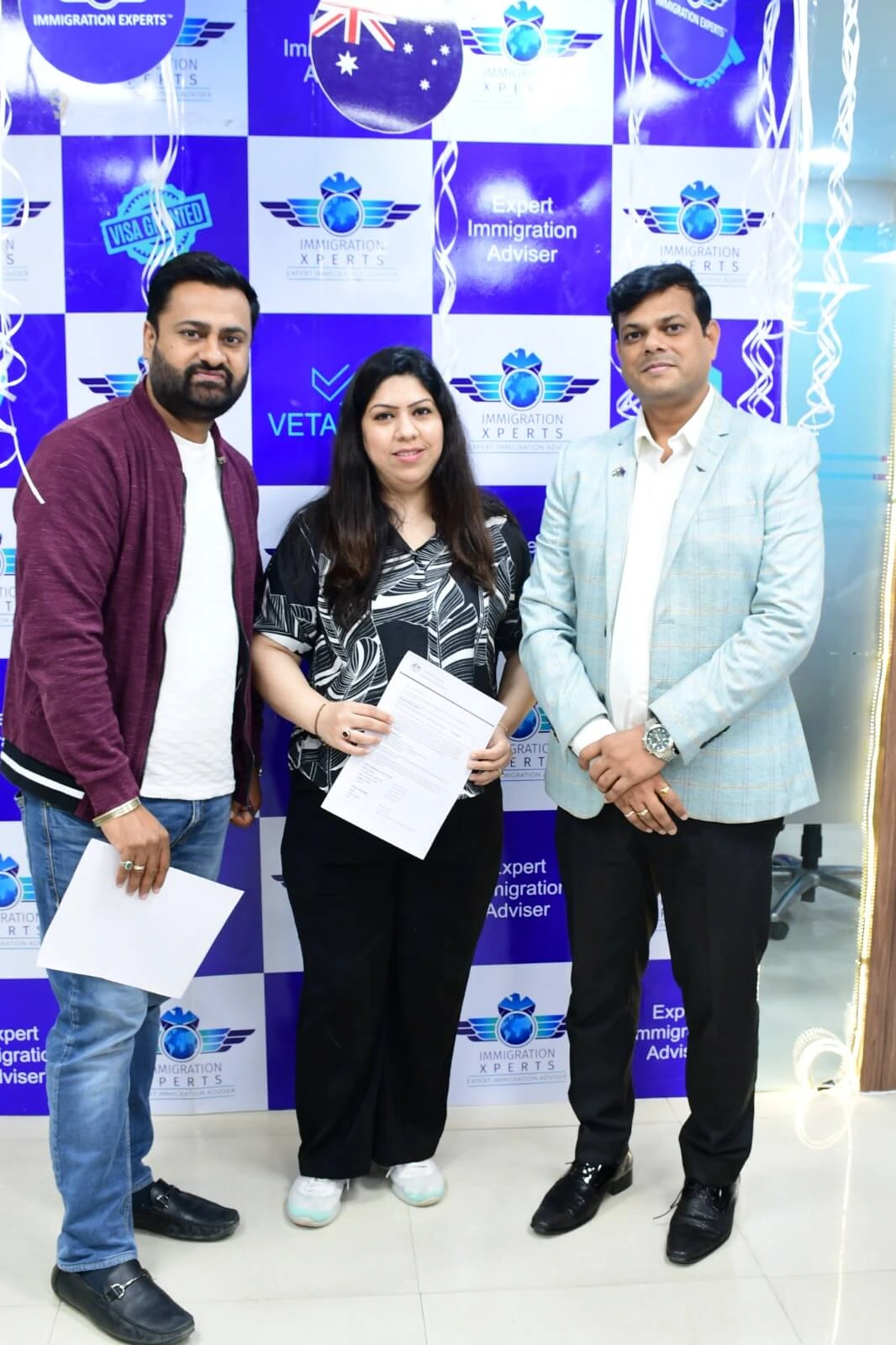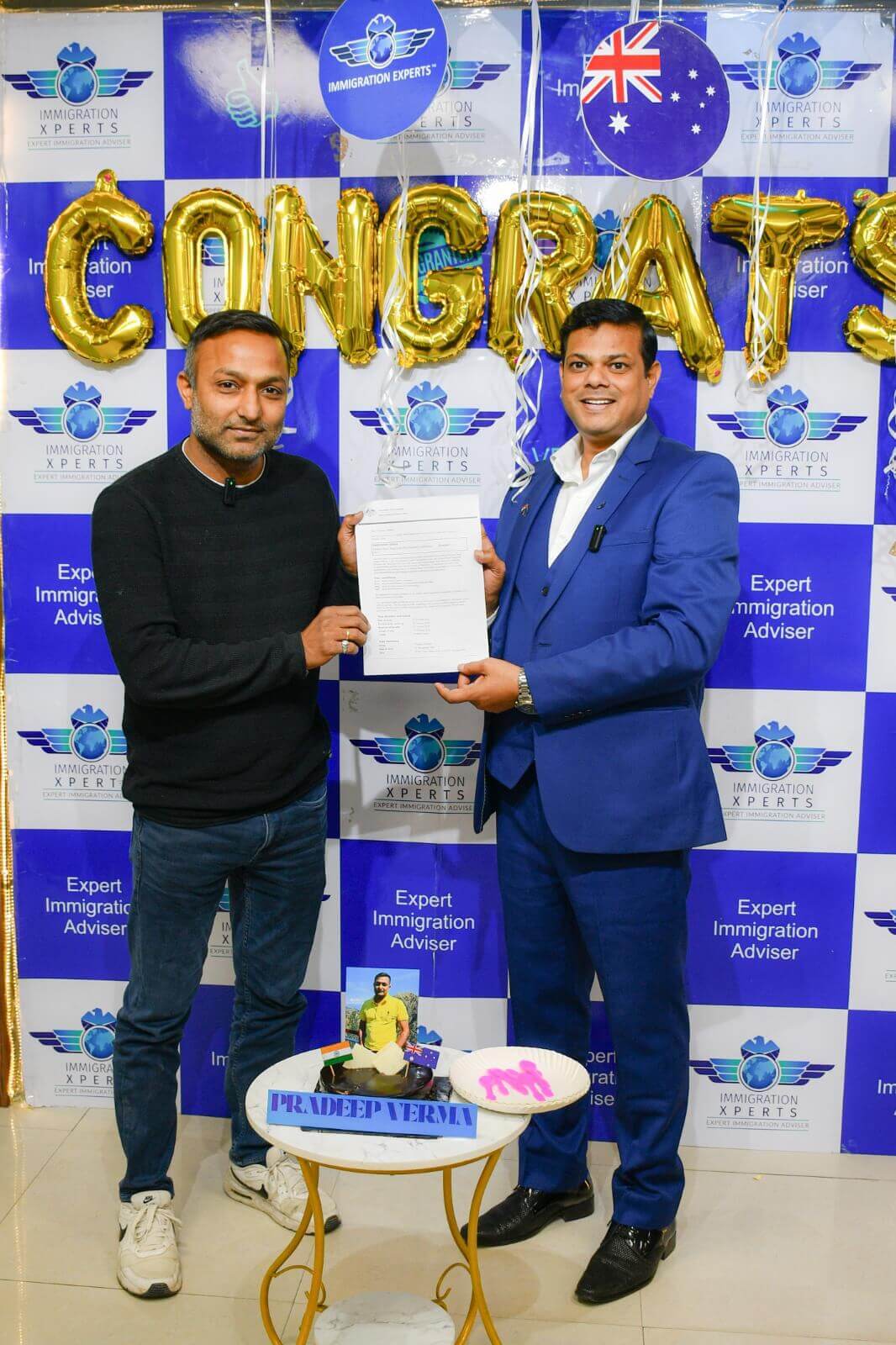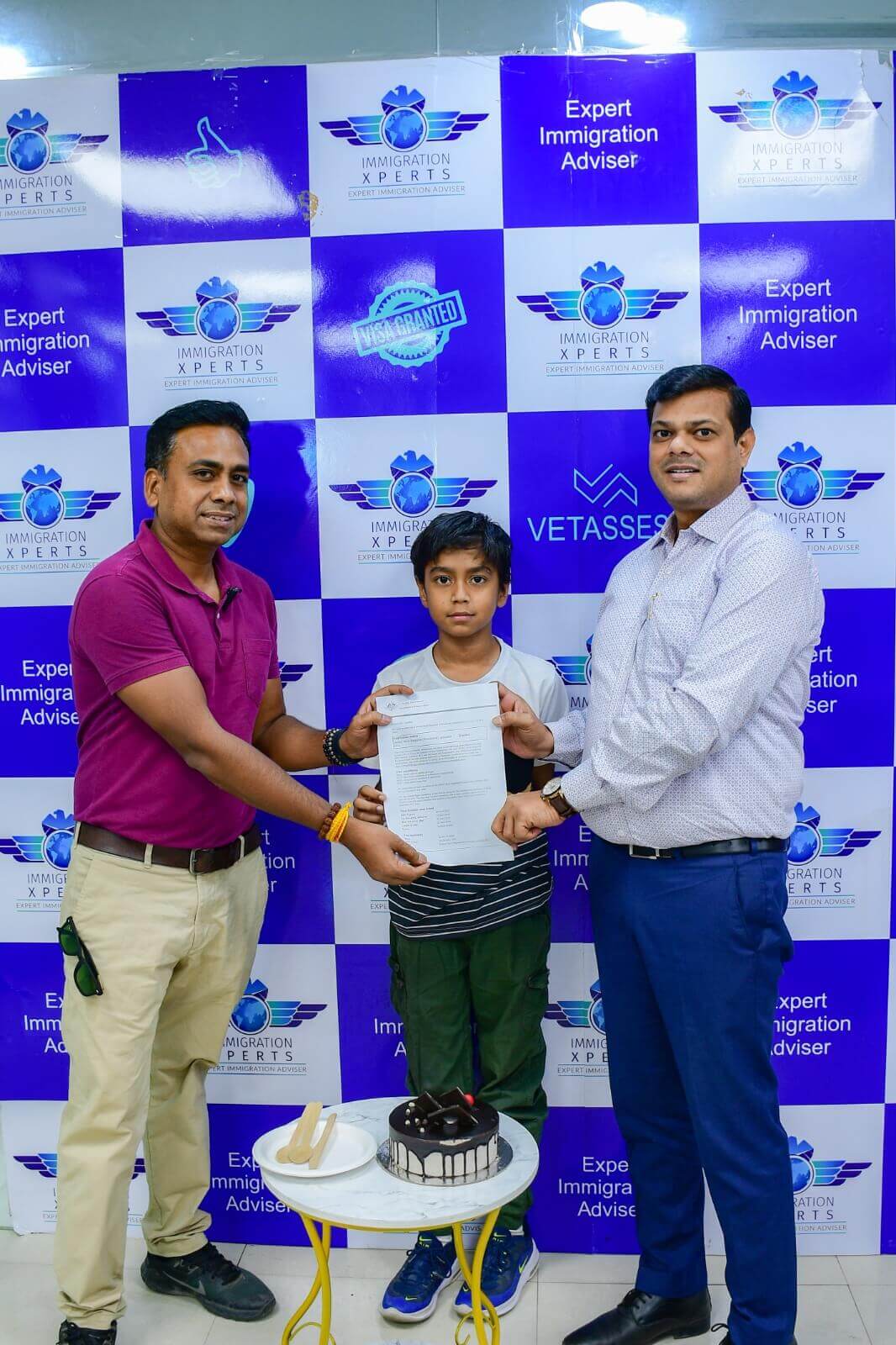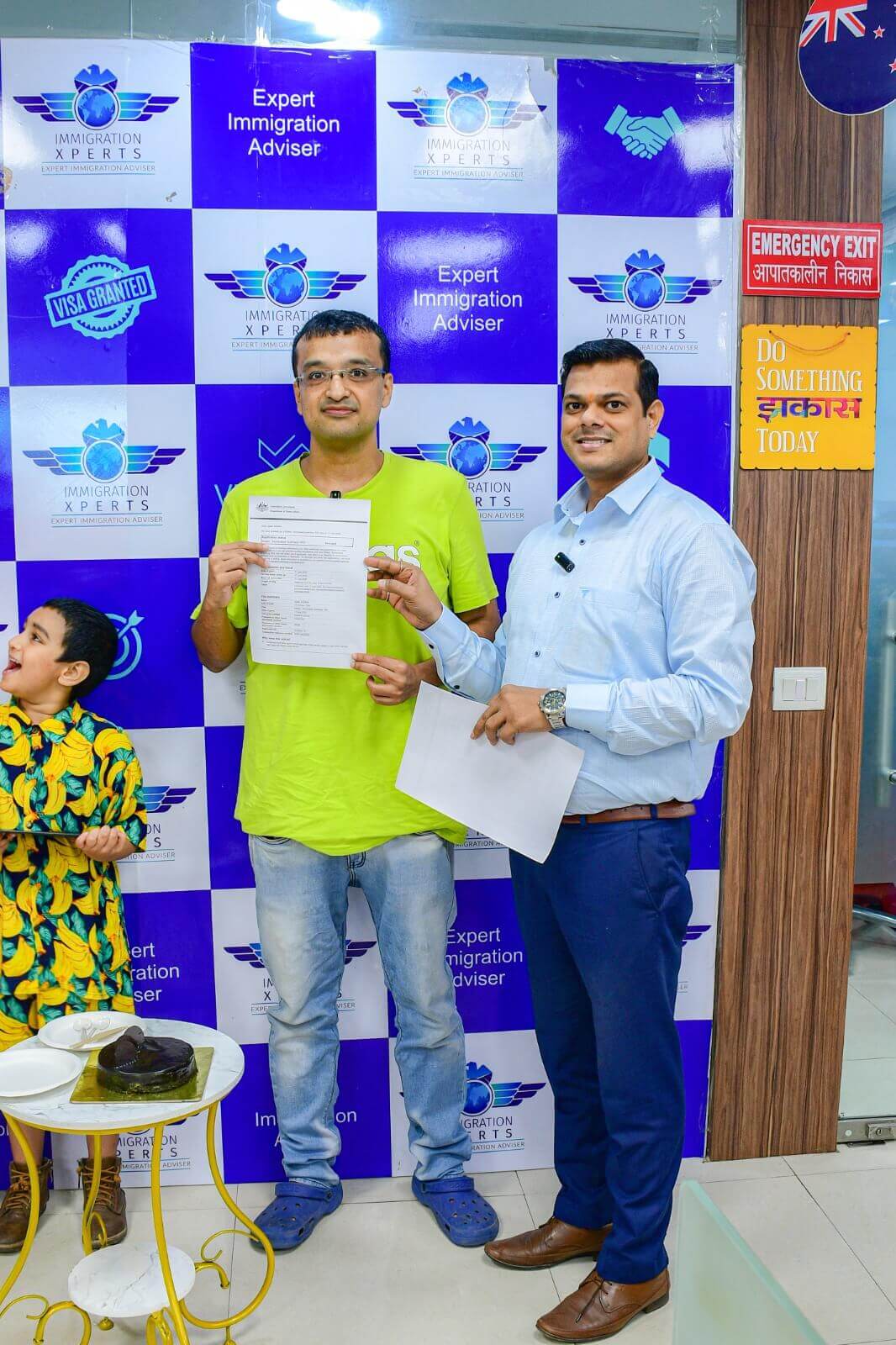Why Choose to Study in Asia?
Asia has become one of the fastest-growing education destinations for Indian students. With globally ranked universities, affordable tuition, and diverse cultures, countries such as Singapore, Japan, China, South Korea, and Malaysia attract thousands of students each year.
Studying in Asia opens doors to world-class education in fields like technology, business, healthcare, and international relations, while also offering strong career prospects and a rich student experience.
Key Facts About Studying in Asia
| Aspect | Details |
|---|---|
| Languages | English (widely taught), Local languages (Japanese, Mandarin, Korean, Malay, etc.) |
| Tuition Cost | USD 3,000 – 25,000 annually (varies by program & country) |
| Funding Options | Government & university scholarships |
| Required Exams | IELTS/TOEFL, NEET, JLPT, TOPIK (depending on course/country) |
| Degree Levels | Undergraduate, Postgraduate, Doctoral |
| Intakes | Varies – typically Feb, April, Sept |
| Visa | Student Visa (country-specific) |
Benefits of Studying in Asia for Indian Students
Starting your academic journey in Asia is an exciting opportunity, giving students access to world-class universities, innovative research, and diverse cultural experiences. To ensure a smooth transition, it’s important to understand the essential prerequisites for admission.
This guide outlines the key requirements for international students planning to study in Asia, helping you prepare with confidence and approach the application process step by step. By knowing the eligibility criteria, exams, and documents needed, you can plan ahead and increase your chances of securing admission to your dream university in Asia.
Studying in Asia offers a mix of affordability, innovation, and cultural exposure. Key benefits include:
- Globally Ranked Universities NUS, Tsinghua, University of Tokyo, Seoul National rank among the world’s best.
- Affordable Tuition Fees Costs are 40–60% lower than Western countries.
- Indian-Friendly Environment Large Indian student communities, food, and cultural familiarity.
- Innovation & Research Hub Asia leads in AI, robotics, medicine, finance, and technology.
- Safe & High-Quality Lifestyle Countries like Japan and Singapore rank among the safest worldwide.
- Post-Study Work Options Nations like Singapore, South Korea, and Taiwan provide work permits for graduates.
Popular Courses for Indian Students in Asia
- Engineering & Technology
- Medicine & Healthcare (MBBS/MD)
- Business & Management
- Computer Science & IT
- Data Science & Artificial Intelligence
- Finance & Economics
- International Relations
- Tourism & Hospitality
Top Universities in Asia (QS World Rankings 2025)
| University | Country | QS Rank 2025 |
|---|---|---|
| National University of Singapore (NUS) | Singapore | #8 |
| Tsinghua University | China | #14 |
| University of Tokyo | Japan | #26 |
| Seoul National University | South Korea | #31 |
| Peking University | China | #17 |
| HKU – The University of Hong Kong | Hong Kong | #35 |
| NTU – Nanyang Technological University | Singapore | #16 |
| Kyoto University | Japan | #47 |
| University of Malaya | Malaysia | #61 |
| Chulalongkorn University | Thailand | #221 |
Eligibility Requirements to Study in Asia
Admission requirements vary by country and program, but typically include:
Bachelor’s Degree:
- Completion of Class 12 (with required subjects)
- IELTS/TOEFL (if English-taught)
- Academic Transcripts
Master’s Degree:
- Relevant Bachelor’s degree
- Admission test scores (GRE/GMAT for some courses)
- Statement of Purpose & recommendation letters
Medicine (MBBS/MD):
- NEET qualification (for Indian students)
- Country-specific requirements
Doctoral (PhD):
- Master’s degree in related field
- Research proposal & supervisor acceptance
Common Required Documents:
- Valid Passport
- Admission/Offer Letter
- Academic Transcripts
- Proof of Funds
- SOP (Statement of Purpose)
- Passport-size Photos
- Medical Certificate
Cost of Studying in Asia
Tuition Fees (per year, in USD):
- Undergraduate: $3,000 – $15,000
- Postgraduate: $4,000 – $18,000
- Medicine/MBBS: $3,500 – $12,000
- MBA: $8,000 – $25,000
Living Expenses (Monthly, in USD):
| Country | Avg. Living Cost |
|---|---|
| Malaysia | $400 – $700 |
| Philippines | $300 – $600 |
| Singapore | $800 – $1,200 |
| Thailand | $400 – $700 |
| South Korea | $700 – $1,000 |
Scholarships in Asia for Indian Students
An important advantage of studying in Asia is the wide range of scholarships available to international students. These awards not only recognize academic excellence but also take into account qualities such as leadership, chosen field of study, and country of origin. Scholarships can significantly reduce tuition fees and, in many cases, also help cover living expenses.
By applying for these scholarships, students can access world-class education across top Asian universities while easing financial pressures. With opportunities funded by governments, universities, and international organizations, scholarships in Asia open the door to high-quality education, cultural exposure, and rewarding global experiences.
| Scholarship | Country | Offered By |
|---|---|---|
| ADB – Japan Scholarship | Japan, Thailand | Asian Development Bank |
| NUS Graduate Scholarship | Singapore | NUS |
| MEXT Scholarship | Japan | Govt. of Japan |
| CSC Scholarship | China | Ministry of Education |
| KGSP Scholarship | South Korea | Korean Government |
| Malaysia International Scholarship | Malaysia | Ministry of Higher Education |
| Taiwan MOE Scholarship | Taiwan | Govt. of Taiwan |
Living Expenses in Asia
Understanding the costs of living abroad—from accommodation and food to transportation and daily essentials—is a key part of ensuring a smooth and fulfilling study experience. Whether you are an international student preparing to study in Asia or a global learner eager to explore new cultures, this guide provides insights to help you budget wisely and make well-informed decisions about your living arrangements.
By being aware of the typical expenses in countries like Singapore, Japan, China, South Korea, and Malaysia, you can plan ahead, avoid financial stress, and focus on your studies and personal growth. Careful planning ensures you not only manage your costs effectively but also enjoy the cultural, social, and academic opportunities that Asia offers, creating unforgettable memories throughout your educational journey.
Living costs vary by country but generally cover:
- Accommodation: $200 – $600/month
- Food & Groceries: $150 – $400/month
- Transport: $30 – $100/month
- Health Insurance: $50 – $100/month
- Entertainment: $50 – $150/month
Work Opportunities in Asia
Finishing your studies in Asia marks not just the end of your academic journey but the beginning of an exciting new phase, filled with opportunities to shape your career and future. This guide on Post-Study Work Opportunities in Asia highlights the pathways available to international students once they complete their degrees.
With globally ranked universities, thriving economies, and innovation-driven industries, Asia provides an ideal environment for graduates to apply their skills and advance their careers. From post-study work visas to internships and long-term employment options, students can access diverse opportunities across multiple sectors.
Whether your goal is to gain professional experience in technology, healthcare, business, or research, or to lay the foundation for permanent residency, understanding post-study work options in Asia will help you transition smoothly from classroom learning to professional success and unlock a rewarding future in one of the world’s fastest-growing regions.
International students in Asia can typically work 16–20 hours per week during studies.
Post-Study Work Options:
- Singapore – 1-year job search visa
- South Korea – D-10 Job Seeker Visa
- Japan – 1-year extendable job search visa
- Taiwan – 1–2 year work permit extensions
Why Choose Apical Immigration Experts?
With 20+ years of expertise and 7,000+ successful student cases, Apical Immigration Experts make your study abroad journey smooth and stress-free.
Our Services:
- University & Program Selection
- SOP/LOR & Documentation Support
- Scholarship & Financial Aid Guidance
- Visa Filing & Interview Preparation
- Pre-Departure & Post-Arrival Assistance
FAQs – Study in Asia for Indian Students
Tuition ranges from USD 3,000 – 25,000 annually. Living costs average USD 300 – 1,200/month depending on country.
Singapore, Japan, China, South Korea, and Malaysia are the most popular due to globally ranked universities and strong career opportunities.
Yes, many programs are fully English-taught, especially in Singapore, Malaysia, and the Philippines.
Yes, most countries allow 16–20 hours/week of part-time work.
Yes, major options include MEXT (Japan), KGSP (Korea), CSC (China), and others.




